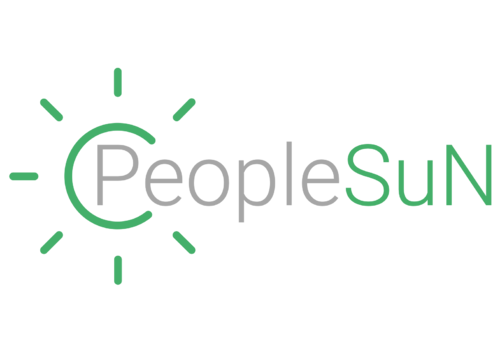Nigeria Off-Grid Solar Knowledge Hub - About
The project PeopleSuN - Optimizing off-grid electricity supply systems in Nigeria
Nigeria is Africa’s largest economy, and one in six Africans is Nigerian. One of Nigeria’s most demanding challenges today is to deliver electricity access to millions. The latest SDG7 Tracking report estimates that 86 million Nigerians lack access to electricity[1]. Both the access deficit and the strong reliance on diesel- and petrol-fueled back-up generators have severe health impacts and affect all aspects of the economy, from rural livelihoods to manufacturing and exports.
Nigeria’s potential for developing sustainable off-grid electricity solutions like solar minigrids and solar standalone systems is one of the largest in the world. Although the sector is experiencing growth, local and international off-grid practitioners are facing important challenges. One of these is the development of needed capacity and skills in the off-grid sector. Training and technical capacity building programs have emerged to support off-grid energy businesses and develop the local workforce.
The Nigeria Off-Grid Solar Knowledge Hub is developed by the research project PeopleSuN. The overall goal of the PeopleSuN research project is to improve access to reliable and sustainable electricity in underserved regions in Nigeria, by supporting the deployment of off-grid electricity supply solutions such as solar mini-grids and solar standalone systems. The project is funded by the German Federal Ministry of Education and Research and coordinated by Reiner Lemoine Institute. Project partners include research organisations, civil society and off-grid public and private actors from Germany and Nigeria.
- ↑ IRENA (June, 2023) Tracking SDG7: The energy progress report 2023. https://www.irena.org/Publications/2023/Jun/Tracking-SDG7-2023




















